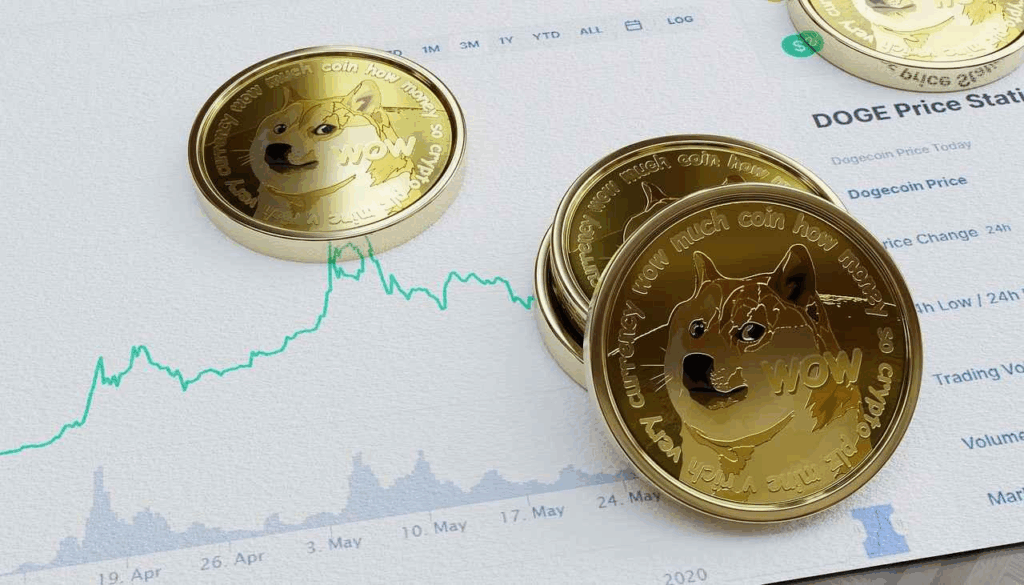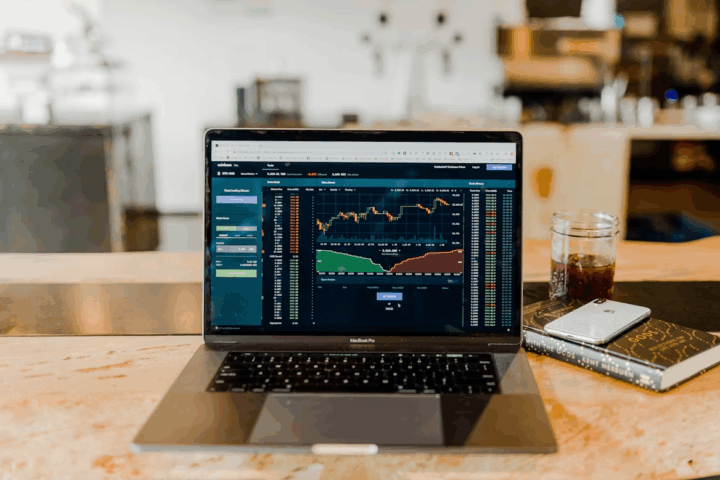Meta Description: Over-the-counter trading has grown in recent years as an excellent and seamless way to easily exchange assets; can this momentum last or is a crash imminent?
If you have ever transferred financial assets digitally without the use of a centralised exchange, you’re an OTC trader. Over-the-counter trading has taken the British personal finance space by storm in recent years, which is why this piece aims to explain why this concept might be the future of retail trading in this country. What makes OTC trading exciting and what fundamental issues can hinder its growth?
Overview and Advantages of OTC Trading
OTC trading is a simple investment approach that often involves transacting directly with a second party or broker, without the involvement of a centralised exchange. Due to this flexibility, the system comes with a lot of advantages, like the ability to help traders facilitate large volumes of trades, access better privacy, and liquidity pools.
Facilitating Large Volumes of Trade Without Severe Market Impacts
The possibility of investors or traders being able to dictate price movements due to the volume of their shares is ever-present in the trading ecosystem. One of the features of over-the-counter trading is that the individual volumes are relatively small and negligible in the grand scale of things. When retail investors sell financial assets through mediums like CoinPass, they are inadvertently ensuring that market trade volumes and shares are more spread out across the market. OTC medium facilitates incredible trade volumes, but a large number of people often carry out these transactions.
Enhanced Privacy
Another major positive of this investment model is enhanced privacy. Privacy is a major concern for many people in the sector. Too many people instantly believe that anyone interested in improved trading privacy has something to hide, but that’s not always the case. OTC transactions occur outside the public ledger, and this means that the personal details of traders can be kept safe or withheld in some cases. Peer-to-peer trading platforms have different KYC (Know Your Customer) rules and regulations; all you need to do is find one that works for you. Transactions are also conducted privately and directly between individuals involved. You can often initiate and complete transactions within minutes via OTC trading.
Accessing Deep Liquidity Pools
One of the most exciting perks of being a peer-to-peer trader is that you can gain access to liquidity arrangements and lines of credit fairly easily. OTC facilitators often pool financing from a myriad of sources to create a significant financial “war chest” that can be used to undertake significant orders without resulting in market slippage. Liquidity providers are essential to the systems that drive this market because they ensure seamless transactions through the provision of assets. Without liquidity providers and insurers, executing trades can become slower while price volatility increases, driving up the risk of slippage.
Evolving Crypto Regulatory Framework in the UK

Crypto regulations have evolved significantly in recent years across most countries globally. The UK was one of the territories that enacted stringent rules on digital assets, but that is no longer the reality. Here’s a simplified timeline of crypto regulatory milestones in the UK.
- 2020 – Crypto assets were included in the country’s Money Laundering Regulations to better align with the EU’s AMLD5.
- 2023 – The Financial Promotions Order (FPO) was updated to include crypto assets, thereby imposing strict marketing communications standards for consumer protection.
- 2024 – Plans were finalised for the Payment Services Regulations to regulate stablecoins, thereby focusing on fiat-backed stablecoins.
- 2024 (Second Phase) – Proposal for broader crypto rules to further regulate businesses and update requirements for service providers and issuers.
Characteristics of OTC Trading

Exciting Opportunities
Traditional exchanges are often constrained by rules and regulations, and traders sometimes miss out on exciting opportunities for growth due to restrictions. OTC trading is here to give you more control over your trading decisions, so you can take advantage of opportunities quickly and effectively. It’s always essential to carry out due diligence.
Changing Policies
Over-the-counter trading has faced significant pushback from regulators, resulting in policies changing frequently over the last few years. Some people choose to steer clear of OTC activities due to uncertainty about stability and policy changes. The government is understandably interested in protecting the interests of citizens, but the uncertainty has not made investing through this means a more convenient experience.
Increased Risk
Centralised exchanges often have mechanisms in place to safeguard buyers and sellers, but these mechanisms often don’t exist when trading via OTC mediums. The burden of security is on the parties involved in trades, and if something goes wrong, traders often have no respite. Some see risk as a con while others see it as an essential part of the process. “OTC purists” believe that the increased risk involved in the process is an unmistakable part of what makes it great and unique.
Digital OTC platforms offer traders a comfortable middle ground between these extremes. Investors can register on platforms, like crypto exchanges, trade via P2P options while having some level of trust in the platform that brought both parties together. You can choose between trading on the market, going “off the grid” with OTC, or trading “OTC-style” via exchanges.
Are You Ready to Trade Better?
Don’t feel pressured to choose just one trading medium. There’s something for everybody; that’s why it’s in your best interest to learn more about the beauty of peer-to-peer ecosystems before diving into it. What are you waiting for? It’s time to execute trades.







